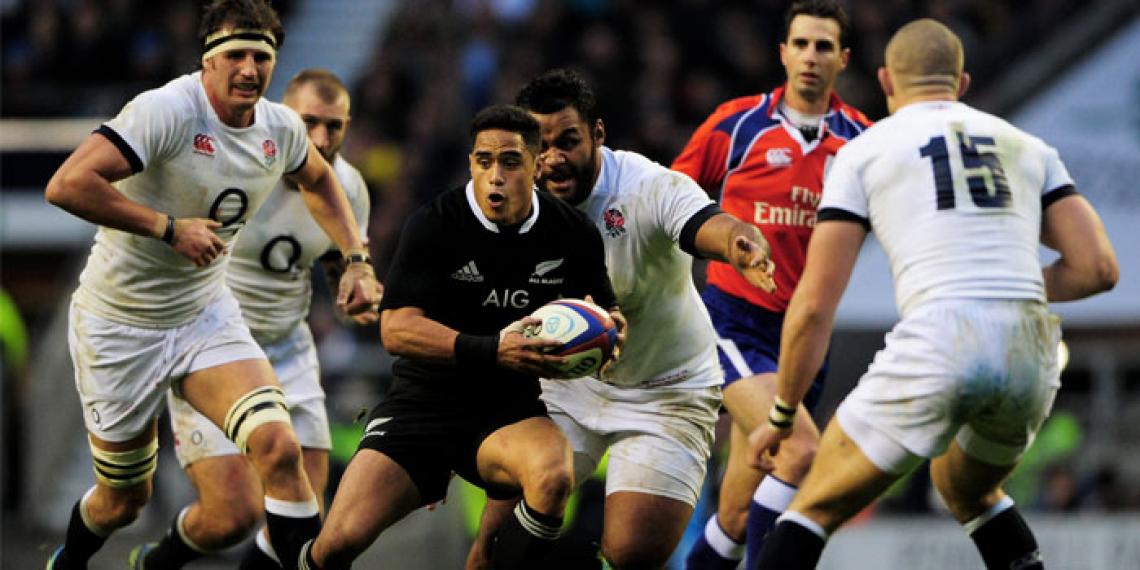You are here
Move in the right direction

On 14 June, the England rugby team took on the All Blacks in Dunedin, where I now live. Vague though I am about looseheads and lineouts, the news set me rifling through my Syria file.
Last November, flying from England to Jordan to help with The Salvation Army’s response to the Syrian refugee crisis, we were handed free newspapers at London Heathrow. And there was the Sport headline: ‘Like all great teams they find a way to win’, along with photos of the mighty McCaw, Savea storming the forts, with the England captain, brave despite defeat and his left eye a purple egg, saying, ‘Credit to the lads … We are moving in the right direction. That’s the important thing. We will keep on learning.’
Though the big match had until then passed me by, I relished and stashed in my bag the English sports writers’ accounts. Michael Calvin for The Independent described how the ABs, after being down 22-20 at half time, had emerged victors 30-22 and added, ‘The All Blacks don’t follow the modern trend for emotional incontinence. Their gestures of respect are measured and profound.’ He praised the England team by saying, ‘… the forwards could have been hewn from the granite of All Black mythology; the ultimate compliment one can pay… is that they would not have looked out of place in black’. And continued, ‘These All Blacks are different because of the totality of what they represent. Some 110 years of history was poured into 80 minutes of rugby yesterday … They are an army of Orcs, who inspire poetry … Most of all, they have a remorseless sense of responsibility to a small, isolated nation … They marry substance with sustainability, evolve and improve with telling certainty.’
Stirring stuff , which raised two big questions for this keen but nervous New Zealander en route to try to do something with as yet unknown colleagues for suffering Syrian people in the face of the ongoing war. First: is national pride a tonic or toxic? Second: was there anything for our small Salvation Army team to learn facing the challenge, not of the beautiful game but of a life and death struggle rocking Syria’s population.
The Salvation Army’s international Jordan-based team, two or three members at a time, partnered with the Lutheran World Federation (LWF), which has a permanent office there and wide networks locally and throughout the Middle East. The solidarity between the core Army group—an officer who in the Czech republic leads a large centre for homeless men, another who heads the Army’s community services in Manchester, England, and one from Aotearoa—and the experienced LWF colleagues was strong.
Key to the operation, which centred on providing household equipment for families preparing for the harsh winter, was the involvement of a group of Syrian refugees, themselves living in a vast treeless refugee camp. They were trained to treat their compatriots with respect and compassion. It was never a case of handouts and clients, but of comradeship and deep understanding. Differences of language, religion and outlook were considerable in such a team, working in a foreign country, with the Army’s involvement unusual since we have no permanent work in Jordan or Syria.
The key was the scale of the disaster, and the inescapable need to do something. And the ethos of the enterprise was epitomised when, after three days of snow and freezing fog which had stalled our planned final distribution of winter goods up near the Syrian border, we received a phone call from the head of LWF, ‘I want to go ahead with the distribution tomorrow. The people are suffering.’
That did it for us Salvationists: the ‘remorseless sense of responsibility’ and ‘substance with sustainability’, was irresistible. So we headed out, driving through high banks of snow, then across the desert to the waiting people, devastated but still dignifi ed, their solemn children alongside. The Syrian deployment was unique, but it struck me that the crossovers between the All Blacks and The Salvation Army’s line of business are significant: access, engagement, seeking allies and the trust of the people.
Glancing again at my rugby cuttings I see that Patrick Collins of The Mail on Sunday noted the likelihood that the England team ‘may well encounter most of the men they faced yesterday’ in the finals of the 2015 World Cup, which was ‘not a consoling thought’. He then quoted Richie McCaw: ‘There’s no point worrying about what you’ve done already. You’ve just got to think about what you’re going to do next.’ The skipper’s advice is sound, echoing as it does the words of St Paul: ‘Not as though I had already attained … but I press toward the mark for the prize of the high calling of God in Christ Jesus’ (Philippians 3:12-14).
By Margaret Hay